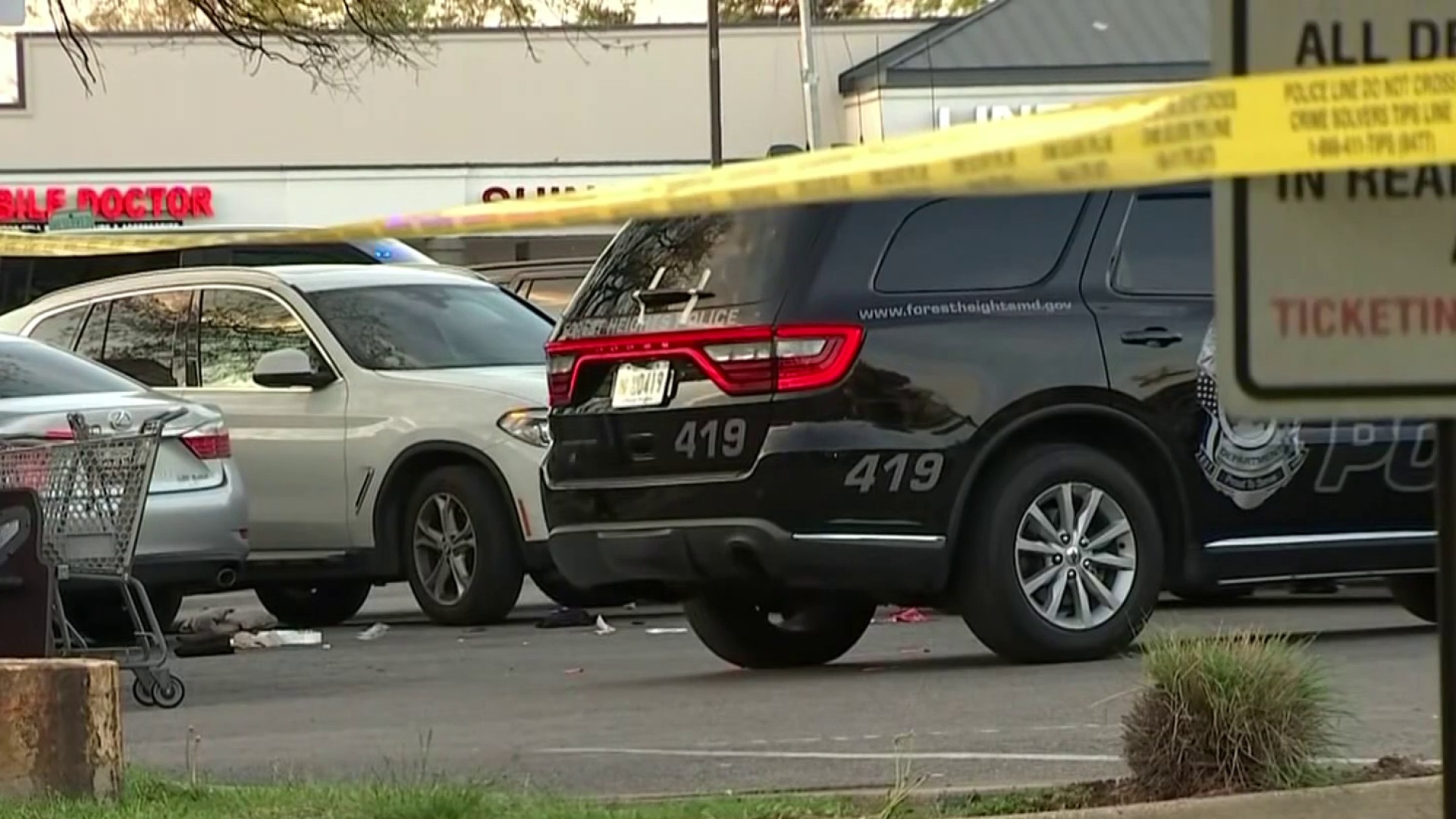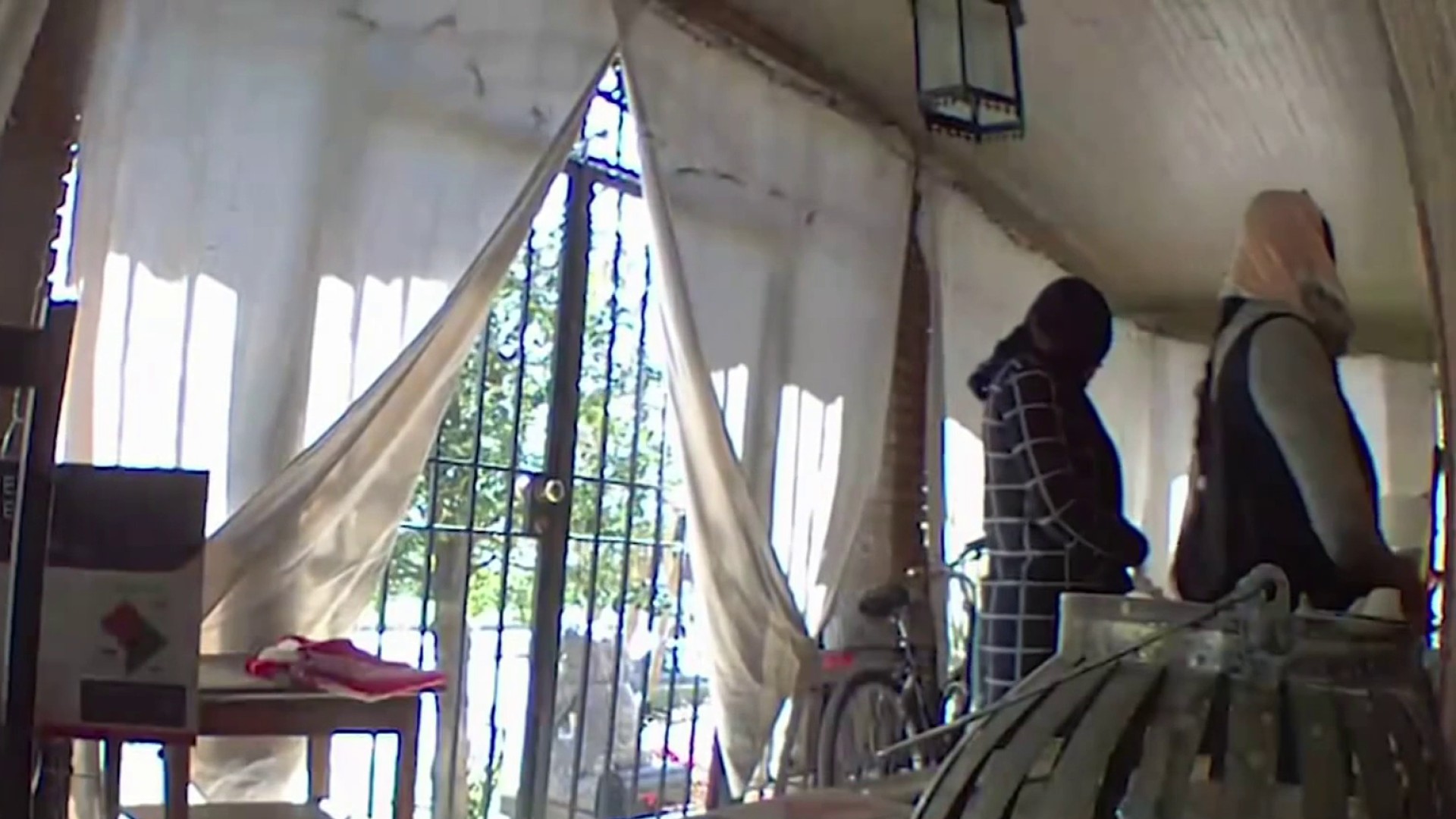A growing number of people with mental illness are repeatedly arrested for nonviolent offenses -- only to be released back into their community with no treatment or support, according to experts.
It's a problem felt in criminal justice systems across the country, including the D.C. area.
"The largest psychiatric facilities in the United States are our American jails, and it’s a crisis level," said Montgomery County State's Attorney John McCarthy.
Montgomery County is the latest in the region to launch a mental health court to try to solve the crisis. Officials said the county's detention facility has just 39 beds for the thousands of inmates who pass through each year with mental health issues.
"It can be a a revolving door for some of these individuals," said Robert Green, the director of the Montgomery County Department of Corrections and Rehabilitation. "It’s a chess process every day and how we move various pieces of our system to accommodate the most ill that are coming in."
The new mental health court will focus on those who routinely break the law and, until now, had few options.
"Traditionally in criminal cases the options are prison, or jail or probation," said Judge Gary E. Bair, with the Montgomery County Mental Health Court. "The hope is that we’ll be able to help, you know, prevent some crime and help get some treatment for people that need treatment."
Local
Washington, D.C., Maryland and Virginia local news, events and information
How will it work?
Nonviolent defendants will apply to have their cases moved from criminal court to mental health court.
"The judges will have available to them, mental health services at the bench, therapists at the bench, connection to [The Department of Health and Human Services] at the bench," Green said.
In addition, Bair said there is a case manager, a probation agent and mental health workers working for the court. That team of people, led by the judge, will provide a support system for the defendants and focus on three main objectives: housing, job placement and maintaining and stabilizing the patients' medication.
The defendants will also report back to the judge each week, rather than to a probation officer.
"Probation agents aren’t psychiatrists. Probation agents aren’t social workers. Probation agents have heavy case loads," Bair said.
Montgomery County officials said they expect to see findings on how the patients respond to the new court system within its first year.
D.C., Baltimore and Prince George's County have mental health courts. To find information on mental health courts across the country, visit the Substance Abuse and Mental Health Services Administration website.



